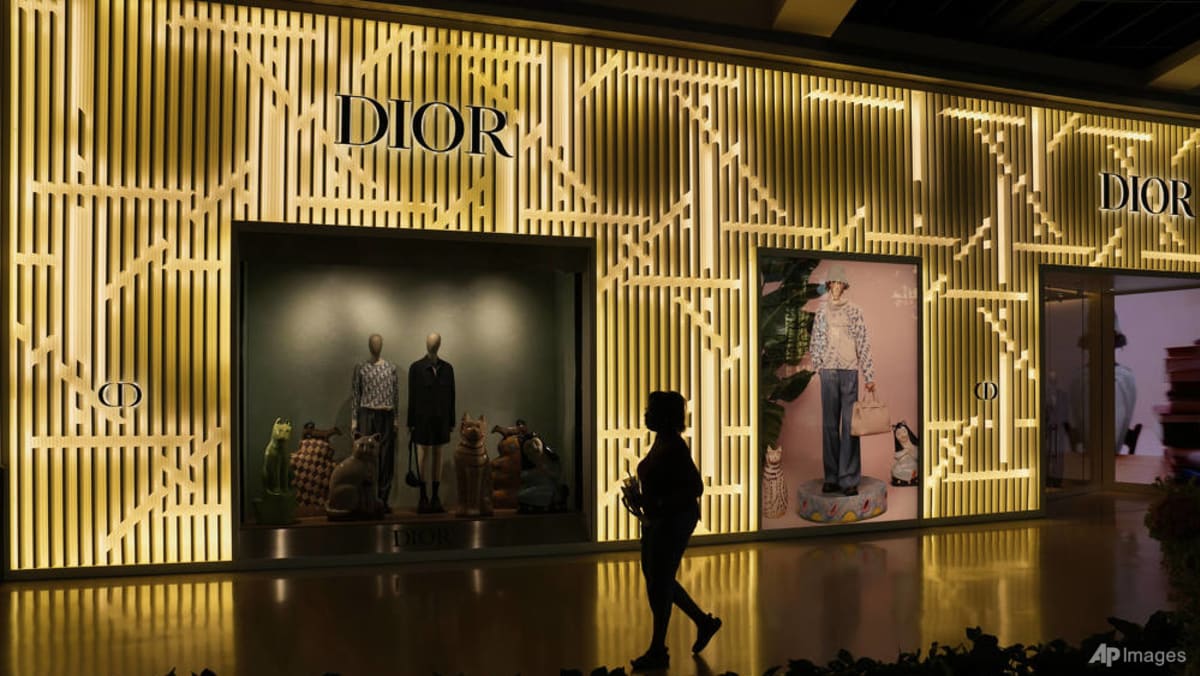Luxury Brands Face Decline as Tourist Spending Falls in Europe and Japan

Luxury Brands Face Challenges Amid Decreased Tourist Spending in Europe and Japan
Overview of the Situation
Recently, the luxury sector has been noticeably impacted by a reduction in tourist spending across Europe and Japan. This shift has raised concerns among high-end brands that rely heavily on international visitors for significant portions of their revenue.
The Impact of Reduced Tourism
Luxury retailers, especially those located in major cities, have reported a noticeable decline in sales. Tourists from various regions significantly contribute to the overall sales figures for brands such as Gucci, Louis Vuitton, and others. As travel restrictions and economic pressures linger, the foot traffic from these international shoppers has diminished, resulting in lower sales volumes.
A Closer Look at Key Markets
Europe
In Europe, cities known for their luxury shopping experiences, like Paris and Milan, have felt the effects most keenly. The absence of Asian tourists, particularly from China, has created a gap that many brands are struggling to fill. High-end stores that once thrived on the vibrant tourist economy are now encountering quieter streets and lower footfall.
Japan
Similarly, Japan is witnessing the ramifications of decreased travel. The luxury market, which depended heavily on foreign visitors, is witnessing a downturn. Traditional shopping hotspots in Tokyo have seen a significant slowdown, prompting brands to reassess their strategies and focus on domestic consumers.
Brand Responses to Changing Dynamics
In response to these challenges, many luxury brands are pivoting their strategies. Some are enhancing their online retail presence to reach customers directly, while others are introducing exclusive local collections aimed at attracting domestic shoppers.
Conclusion
As luxury brands navigate this challenging landscape, the road ahead may require innovative approaches and a greater focus on local markets. How do you think luxury brands can adapt to the ongoing changes in consumer behavior?




